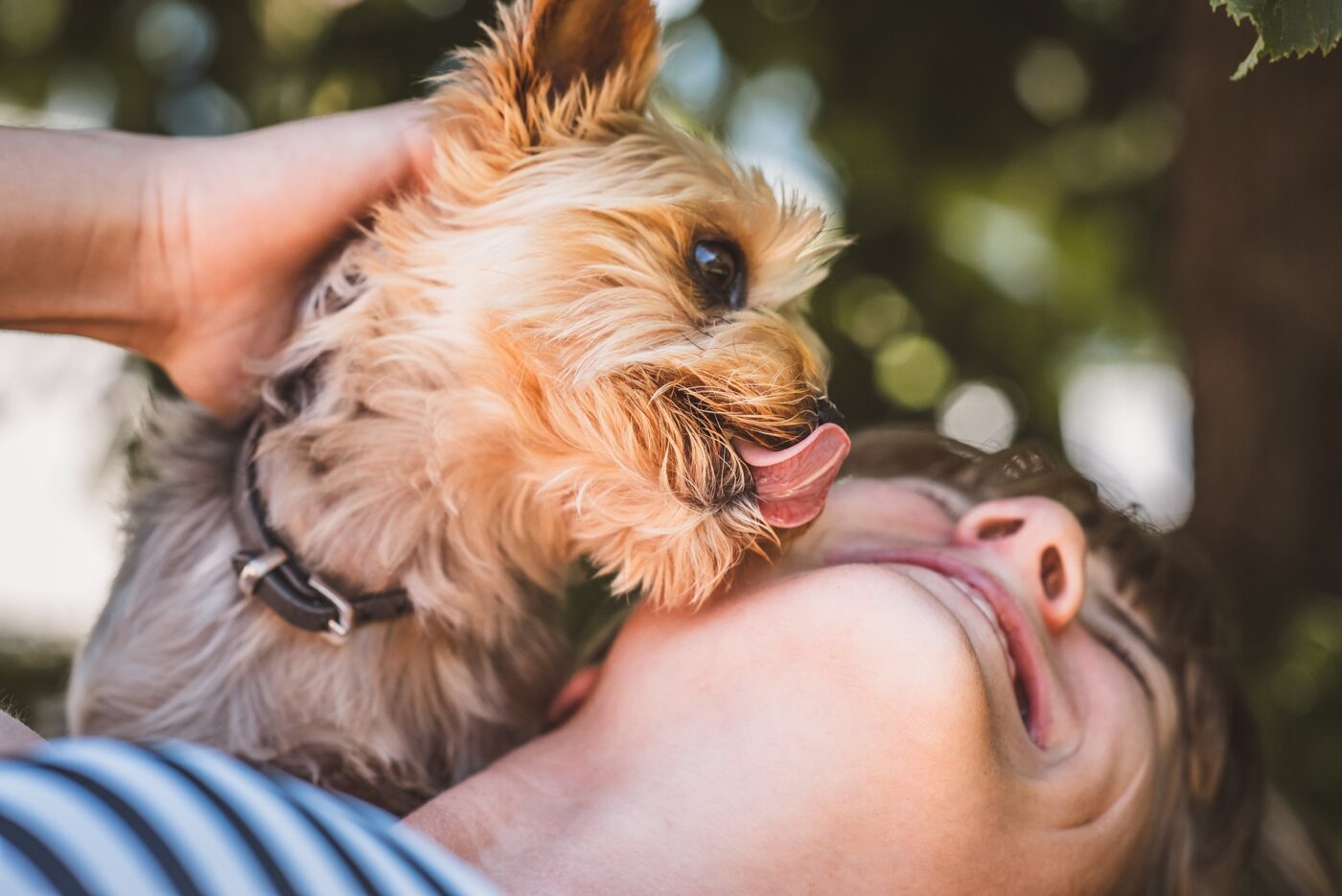 Shutterstock
Shutterstock
Dogs have an extraordinary sense of smell, with olfactory abilities far beyond what humans can comprehend. While we might only notice obvious scents, like food or perfume, dogs can detect subtle changes in body chemistry, emotions, and even health conditions. Thanks to the roughly 300 million olfactory receptors in a dog’s nose, they can process scents in ways that allow them to detect things about us that are invisible to the human senses. From sensing emotions to identifying specific illnesses, dogs’ noses are nothing short of incredible.
Your Emotions
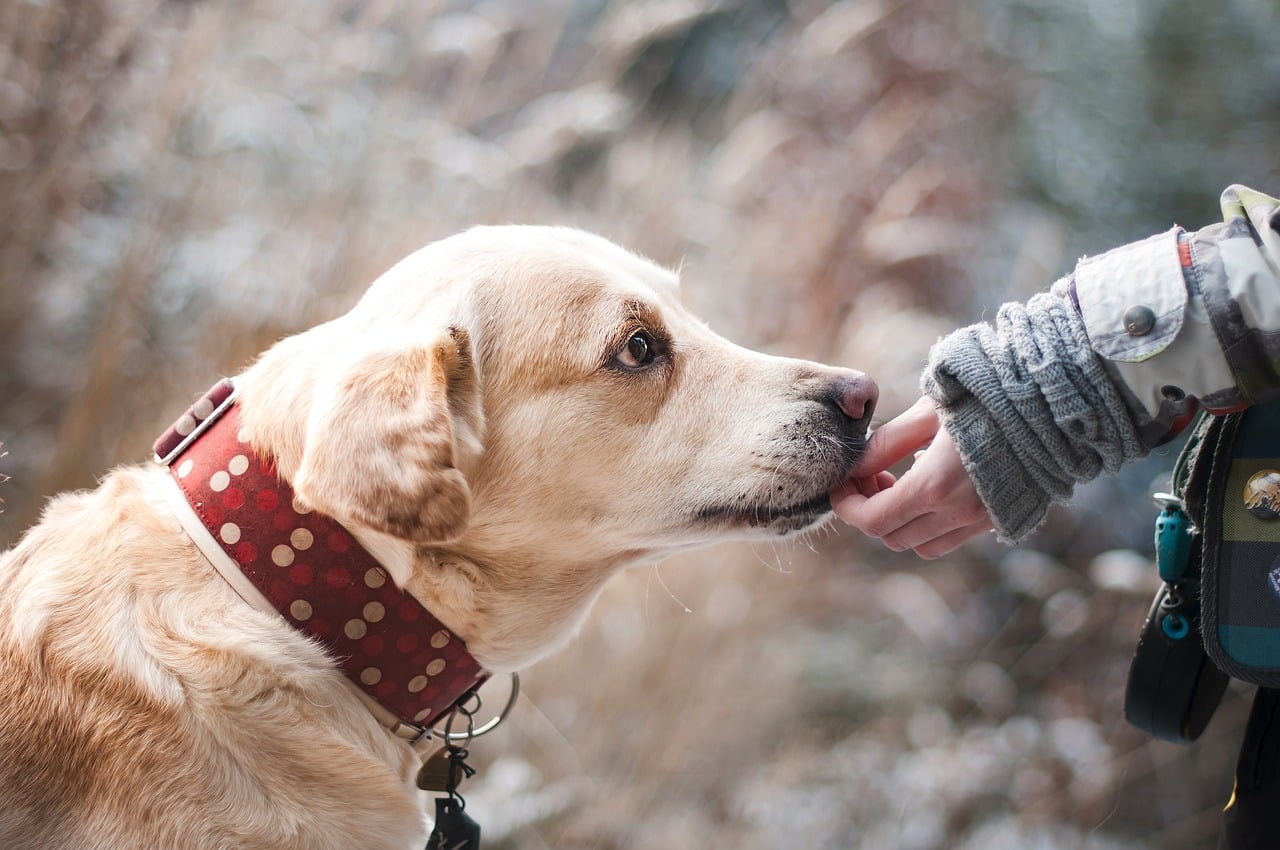 Shutterstock
Shutterstock
One of the most fascinating things dogs can detect is our emotional state. When we experience strong emotions, such as fear, anxiety, or excitement, our bodies release different chemicals, like adrenaline. Dogs are incredibly sensitive to these chemical changes and can detect them through scent alone. If you’re feeling anxious, your dog might become extra attentive, offering comfort or even lying close by. Dogs have evolved alongside humans, so they’ve developed an uncanny ability to pick up on subtle cues, even before we consciously show our emotions. Their sensitivity to our emotions helps explain why they’re such excellent therapy and support animals.
Your Health and Illnesses
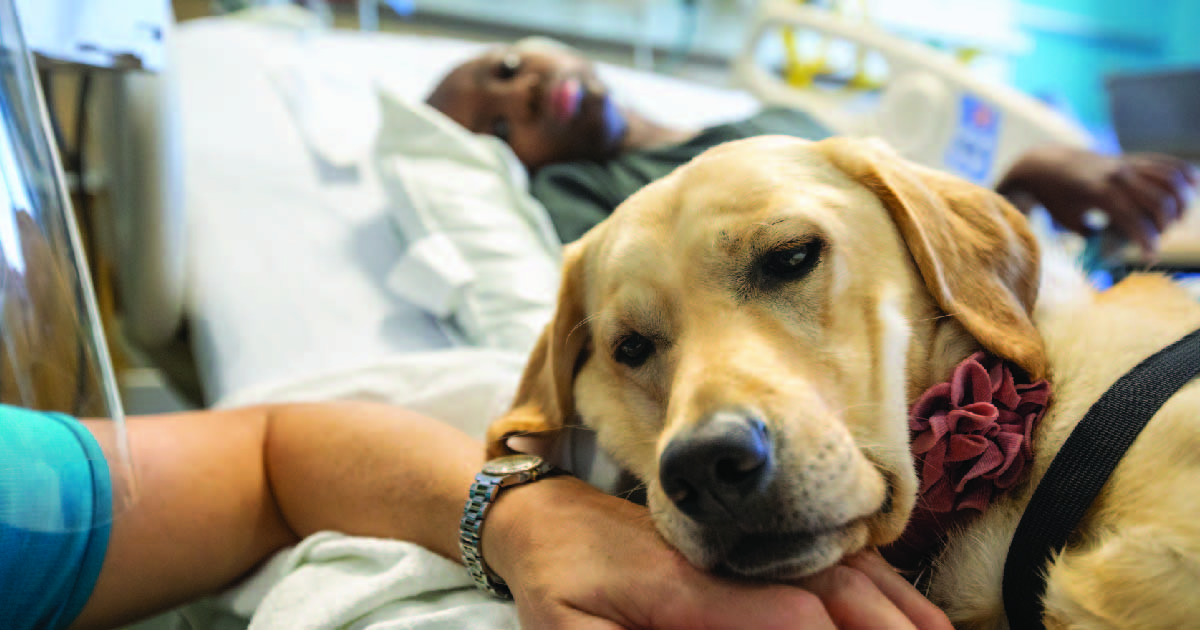 Shutterstock
Shutterstock
Dogs have an impressive ability to detect changes in our health, even before symptoms become visible. Studies have shown that dogs can smell certain diseases, including cancer, diabetes, and even infections. When our bodies are fighting an illness, they produce unique volatile organic compounds that dogs can detect. Some dogs are even trained as medical alert animals, helping detect low blood sugar in diabetic owners or warning people of an impending seizure. This ability to sense health changes through scent is a life-saving skill that has turned dogs into invaluable partners in the medical field.
Pregnancy
 Shutterstock
Shutterstock
Believe it or not, dogs can often tell when someone is pregnant, sometimes before even the expecting parent knows. During pregnancy, a person’s hormones change dramatically, producing a unique scent that dogs can pick up on. Many pet owners report that their dogs become more attentive or protective during pregnancy, which might be due to their detection of these hormonal changes. Dogs may even sense a shift in behavior or body language as the pregnancy progresses. This sensitivity to hormonal changes highlights dogs’ attunement to the people in their lives, offering a level of understanding that feels almost intuitive.
Your Age
 Shutterstock
Shutterstock
Dogs can detect differences in age through scent, as the body produces different chemical markers throughout various life stages. For instance, children, adults, and seniors each have distinct hormonal and chemical profiles that dogs can identify. Puppies are often gentler around young children, likely due to both scent and behavior recognition. Similarly, dogs may be more patient and calm around older individuals. While they may not consciously “know” your age, their noses clue them into age-related scents, allowing them to adjust their behavior accordingly. This sense helps explain why many dogs have a natural intuition for interacting with people of different ages.
Your Diet
 Shutterstock
Shutterstock
What you eat doesn’t just affect your body; it also changes your scent. Dogs have a remarkable ability to pick up on dietary changes, thanks to their sensitive noses. Different foods create distinct chemical signatures in your body, and dogs can tell if you’ve recently eaten certain types of food. For instance, a high-protein diet produces a different scent than a diet rich in carbohydrates. If you indulge in garlic or a spicy meal, your dog might even react to the smell on your breath or skin. Their ability to detect dietary changes is a reminder of how closely they can monitor subtle shifts in our body chemistry.
Stress Levels
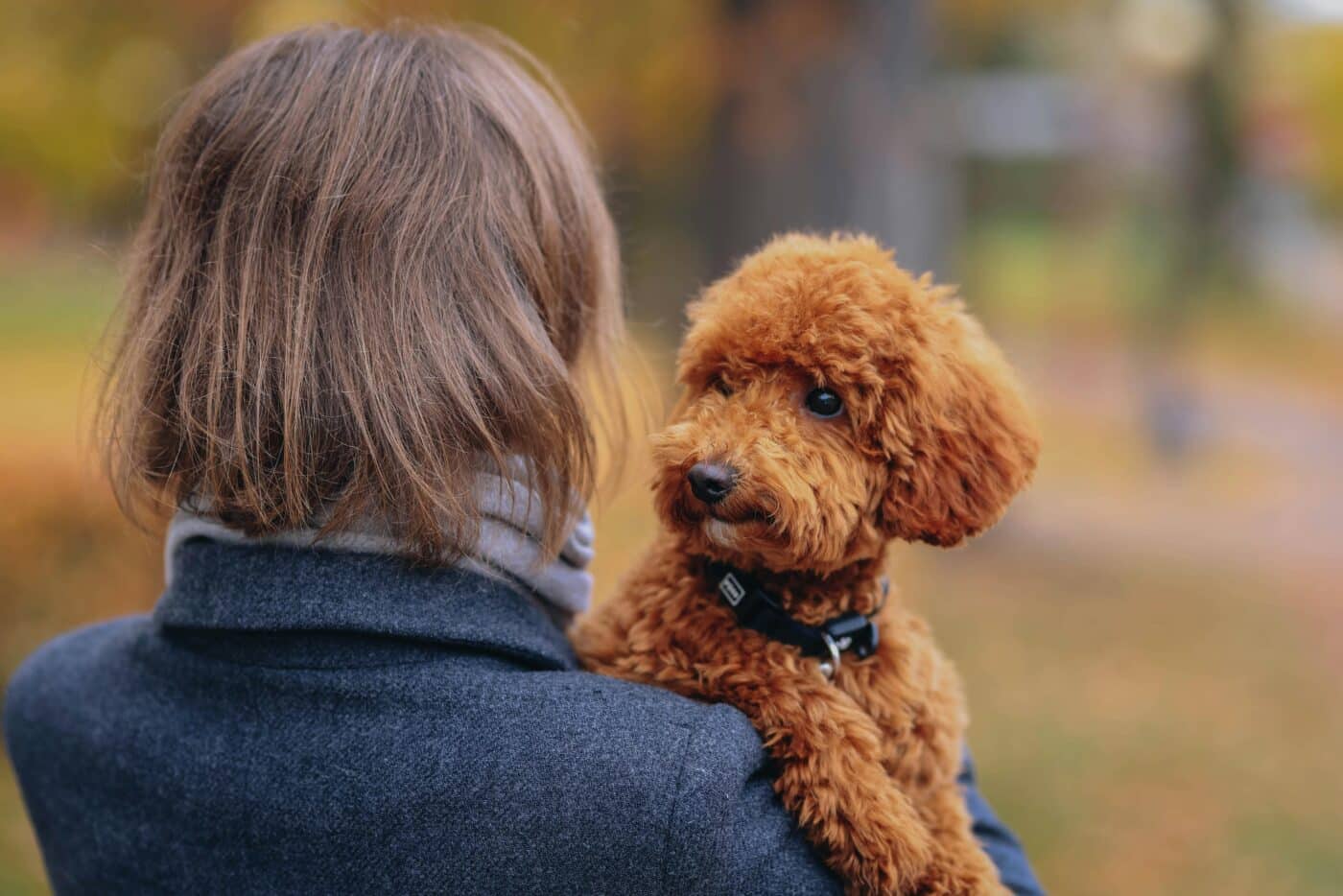 Shutterstock
Shutterstock
Dogs are incredibly perceptive when it comes to stress. When we’re stressed, our bodies release cortisol, a hormone that has a specific scent. Dogs can smell cortisol and other stress-related hormones, which explains why they may become more attentive or even protective when they’re under pressure. They might sit closer to you, offer a comforting nuzzle, or even bring over a favorite toy as a way of offering support. This sensitivity to stress hormones helps make dogs ideal companions for people with anxiety, as they can often sense stress levels before even the person experiencing it fully realizes it.
Your Unique Scent
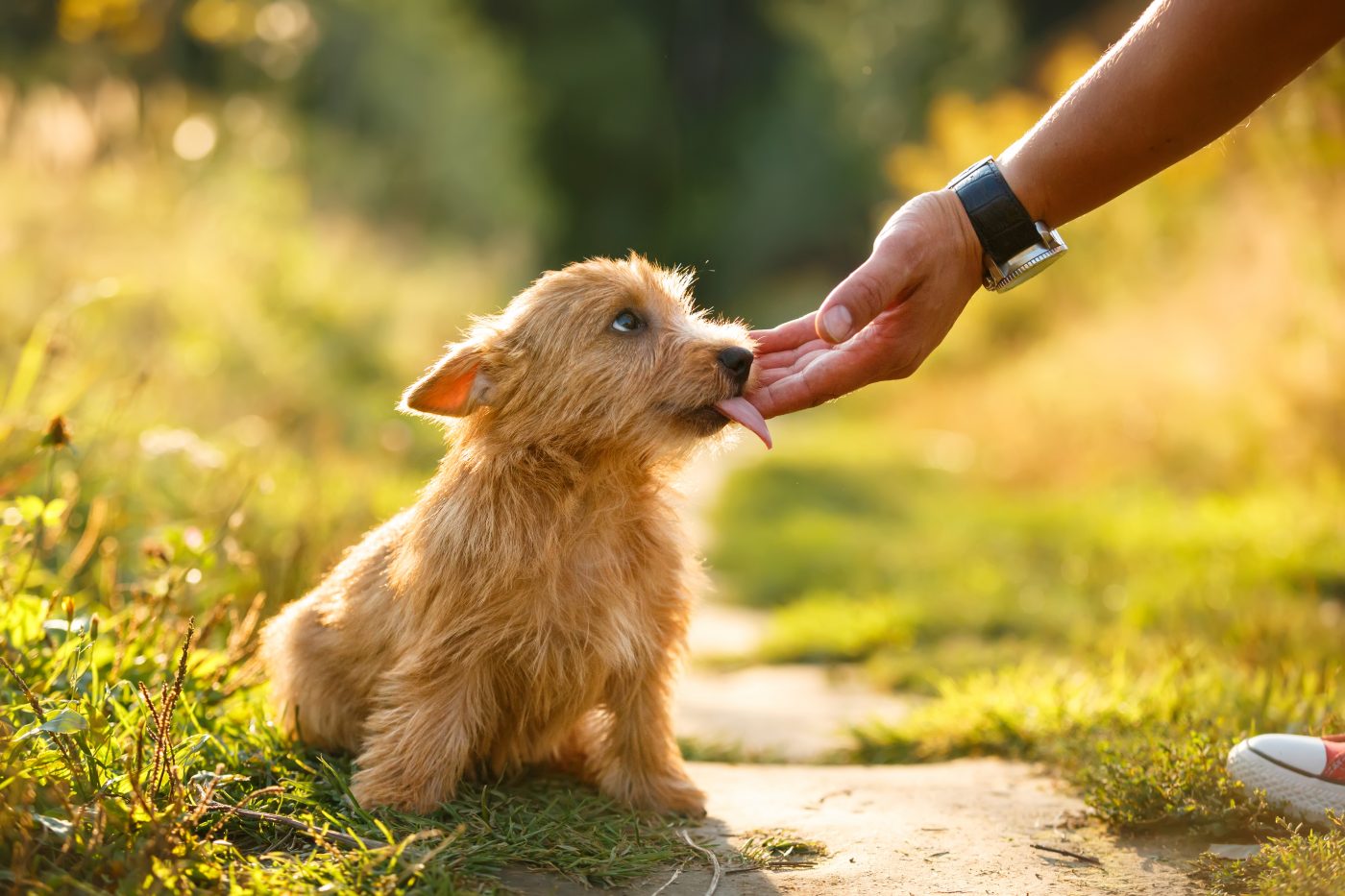 Shutterstock
Shutterstock
Perhaps one of the simplest yet most amazing things dogs can smell is their owner’s unique scent, a combination of sweat, skin oils, and other natural markers. This personal scent is like a fingerprint to a dog, and it allows them to recognize and locate you, even in a crowded or unfamiliar space. Dogs often rely on this scent memory to provide comfort and familiarity, especially if they’re separated from their owner. This unique scent recognition is why dogs can track people over long distances and why they can locate their owners in a heartbeat—even if they’re surrounded by distractions.
Secrets Your Dog Can Sniff Out
 Shutterstock
Shutterstock
Dogs don’t just share our homes—they understand us on a level we often can’t imagine. With their extraordinary sense of smell, they can detect details about our emotions, health, and daily lives, which strengthens the incredible bond we share. The next time your dog gives you a serious sniff, remember that they’re simply gathering information about you in their unique way. This superpower-like ability to smell shows us just how deeply connected they are to us, making them truly remarkable companions.
 Toledo, United States.
Toledo, United States.